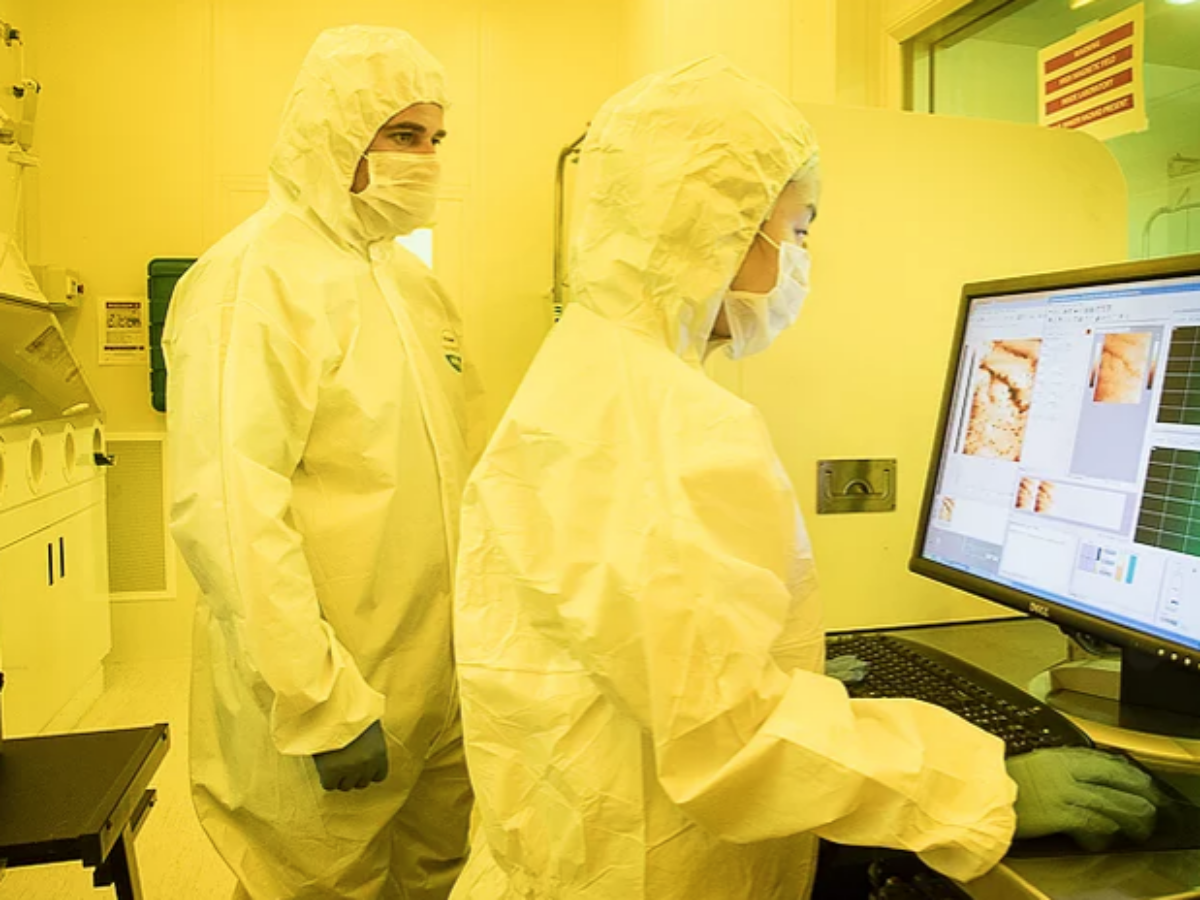New report looks at skills needed for Australian semiconductor moonshot

Following its Australia’s semiconductor manufacturing moonshot report last year, the Australian Strategic Policy Institute has published a follow-up report on developing the talent pipeline needed to underpin a local chip industry.
Published on Thursday, Australia’s semiconductor manufacturing moonshot: securing semiconductor talent looks at the importance of developing skills, global human capital challenges, and – as the previous report did – cites international public–private partnership (PPP) examples worth learning from.
Authors Bronte Munro, Alex Capri and Robert Clark point out the importance of semiconductors in modern life, as well as the challenge ahead.
(An @AuManufacturing interview with Clark following the release of the 2022 report is available here.)
“Every item on the Australian federal government’s List of Critical Technologies in the National Interest is dependent on semiconductors,” the trio write.
“A holistic approach is required in order to create a skilled workforce, jobs and career pathways and to prevent a brain drain,” the report states.
“Industry and academic collaboration creates a positive feedback loop of talent and resource sharing that enables innovation and R&D to occur in a way that ensures scalability, economic growth and commercial leadership in technologies of critical importance to national security.”
Among nine recommendations are
- Pursuing targeted government-to-government collaborative talent development under the auspices of AUKUS and the Five Eyes and, to a lesser extent, through the Quadrilateral Security Dialogue and other secure-supply-chain initiatives;
- Establishing a national fund for K-12 STEM proficiency to fast-track learning and upskilling of human capital, for both secondary and vocational training; and
- Implementing visa programs that encourage and support talent friend-shoring within alliance frameworks and include the development of complementary socio-economic ecosystems that help to minimise culture shock for expats.
The importance in developing a microelectronics industry in Australia – beginning with a focus on “trailing-edge” fabrication technology – is explained as relevant in executing on long-term strategies in tech development, lessening supply-chain risk against disruption from conflict or natural disaster, and creating economic benefit and highly-skilled jobs.
“It’s important to note that both AUKUS Pillar 2 and the Albanese government’s April 2023 publication of the Defence Strategic Review reflect a shift in Australia’s strategic thinking on defence and national security, and the important correlation and greater cooperation between industry, education and defence priorities, particularly when it comes to technology,” the trio write.
“Delivering on that shift will be difficult and often costly, but this report provides a series of recommendations of what that correlation and cooperation could look like.”
Picture: credit BluGlass
Further reading
Australia’s place in the semiconductor world: Talking about a moonshot
Lack of semiconductor manufacturing will consign Australia to “second-tier status”: report
Australia’s place in the semiconductor world: the issue in a nutshell
@aumanufacturing Sections
Analysis and Commentary Awards casino reviews Defence Gambling Manufacturing News Online Casino Podcast Technology Videos





